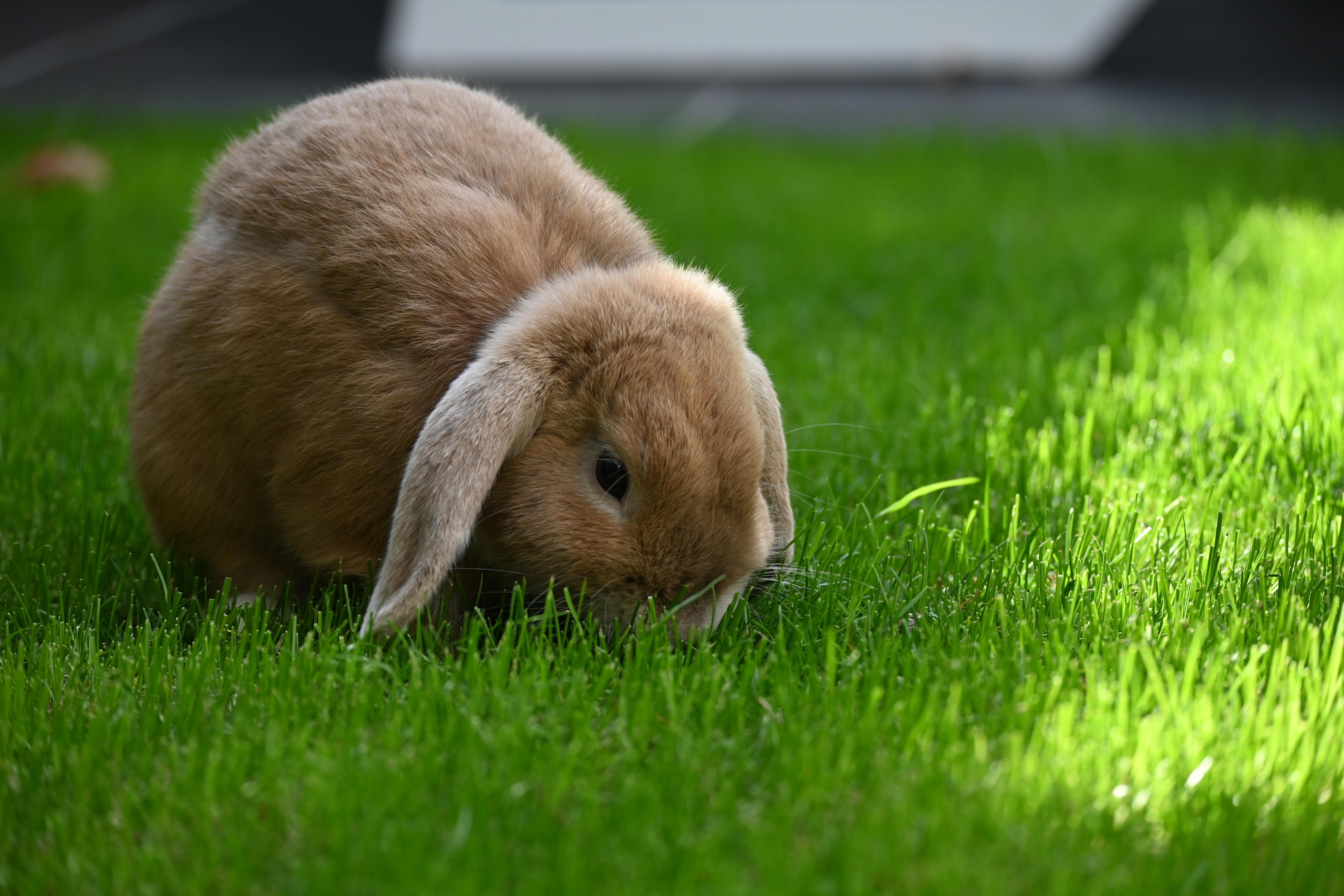How should a couple handle the aging process and potential health issues as their rabbit gets older?
As couples welcome a rabbit into their lives, it’s important to understand that rabbits, like any other living beings, will age over time. With aging comes potential health issues that require special attention and care. In this blog post, we will explore how couples can handle the aging process and address the potential health issues that may arise as their beloved rabbit gets older.
Understanding the Aging Process
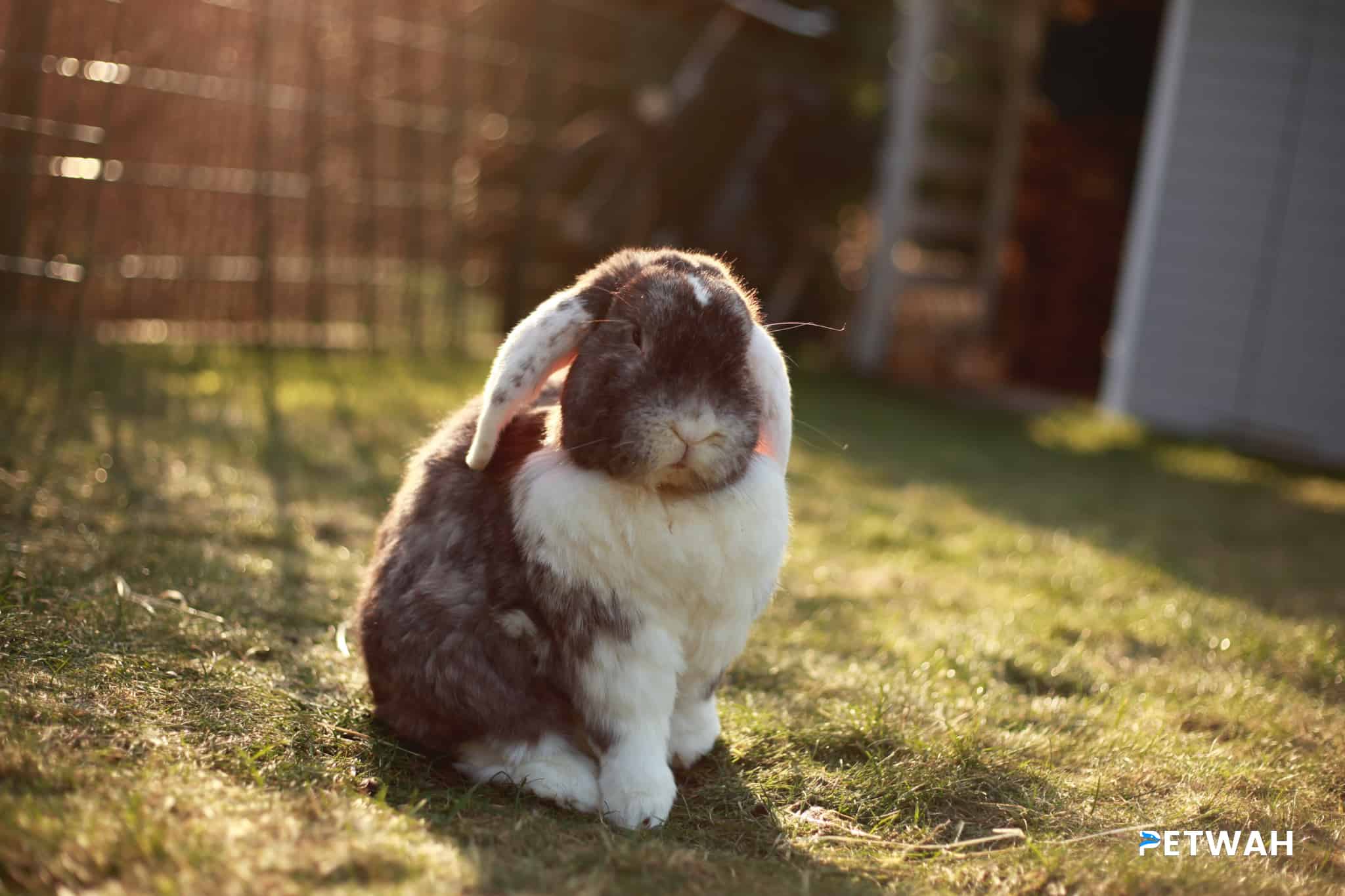
Rabbits, on average, have a lifespan of about 8 to 12 years. However, some rabbits can live even longer with proper care and nutrition. It’s essential for couples to recognize the signs of aging in their rabbit, as this will enable them to provide the necessary support and interventions to maintain their pet’s well-being.
Signs of aging in rabbits may include:
- Reduced activity levels: Older rabbits tend to become less active and prefer to sleep more.
-
Changes in appetite: Aging rabbits may eat less or lose interest in certain foods.
-
Dental issues: Dental problems, such as overgrown teeth or tooth loss, can become more prevalent in older rabbits.
-
Arthritis: Just like humans, rabbits can develop arthritis as they age, leading to joint pain and stiffness.
-
Vision and hearing impairments: Aging rabbits may experience diminished eyesight and hearing.
Caring for an Aging Rabbit
Couples can take several steps to ensure their aging rabbit remains comfortable and happy during this stage of life:
Regular veterinary check-ups: Regular visits to a rabbit-savvy veterinarian can help identify any health issues early on and provide appropriate treatment.
Maintaining a healthy diet: Older rabbits may require dietary adjustments to accommodate their changing needs. Providing a balanced diet rich in hay, fresh vegetables, and a controlled amount of pellets is crucial.
Offering appropriate exercise and mental stimulation: Although older rabbits may be less active, it’s important to continue providing opportunities for exercise and mental stimulation. Providing safe toys, small obstacles, and supervised time outside the cage can help keep their minds and bodies active.
Maintaining a clean living environment: Regular cage cleaning and providing a comfortable living space are essential for an aging rabbit’s well-being.
Addressing Potential Health Issues
As rabbits age, they become more susceptible to certain health issues. Couples should stay vigilant and seek veterinary care when necessary:
Dental Care: Dental issues, such as malocclusion or overgrown teeth, can cause discomfort and difficulty eating. Regular dental checks and appropriate dental treatments are essential.
Arthritis Management: If a rabbit shows signs of arthritis, couples should consult with a veterinarian for pain management options. Providing soft bedding or cushioned areas for the rabbit to rest can also help alleviate joint pain.
Urinary Tract Issues: Older rabbits, especially males, can develop bladder and urinary tract issues. Providing a balanced diet, promoting hydration, and regular litter box cleaning can help prevent such problems.
FAQs
- How can I ensure my aging rabbit receives a balanced diet?
To ensure your aging rabbit receives a balanced diet, provide fresh hay, a variety of fresh vegetables, and a controlled amount of pellets. Consult with a rabbit-savvy veterinarian or a rabbit nutritionist for specific dietary recommendations. -
What signs should I look for to detect dental issues in my aging rabbit?
Signs of dental issues in aging rabbits include reduced appetite, difficulty eating, drooling, and weight loss. If you notice any of these signs, consult a veterinarian who specializes in rabbit dentistry. -
How can I keep my aging rabbit mentally stimulated?
To keep your aging rabbit mentally stimulated, provide safe toys, tunnels, and puzzles. Engage in interactive playtime and consider introducing new smells and textures to keep their minds active. -
Can older rabbits be litter trained?
Absolutely! Older rabbits can be litter trained just like younger ones. Provide a litter box with appropriate rabbit-safe litter and reward your rabbit with treats and praise for using the litter box. -
What should I do if my aging rabbit is showing signs of pain or discomfort?
If your aging rabbit is showing signs of pain or discomfort, such as limping or reluctance to move, consult with a veterinarian who specializes in rabbit health. They can assess the situation and provide appropriate pain management options.
Conclusion and Call-to-Action
As rabbits age, it’s crucial for couples to be aware of the signs of aging and potential health issues that may arise. Providing proper care, nutrition, and regular veterinary check-ups can help ensure a comfortable and happy life for aging rabbits. Remember, our furry friends rely on us for their well-being as they grow older.
For more information on caring for your aging rabbit, visit petwah.com. PetWah is an online resource dedicated to providing helpful tips, advice, and products for the well-being of your beloved pets.
Please follow us on Social Media


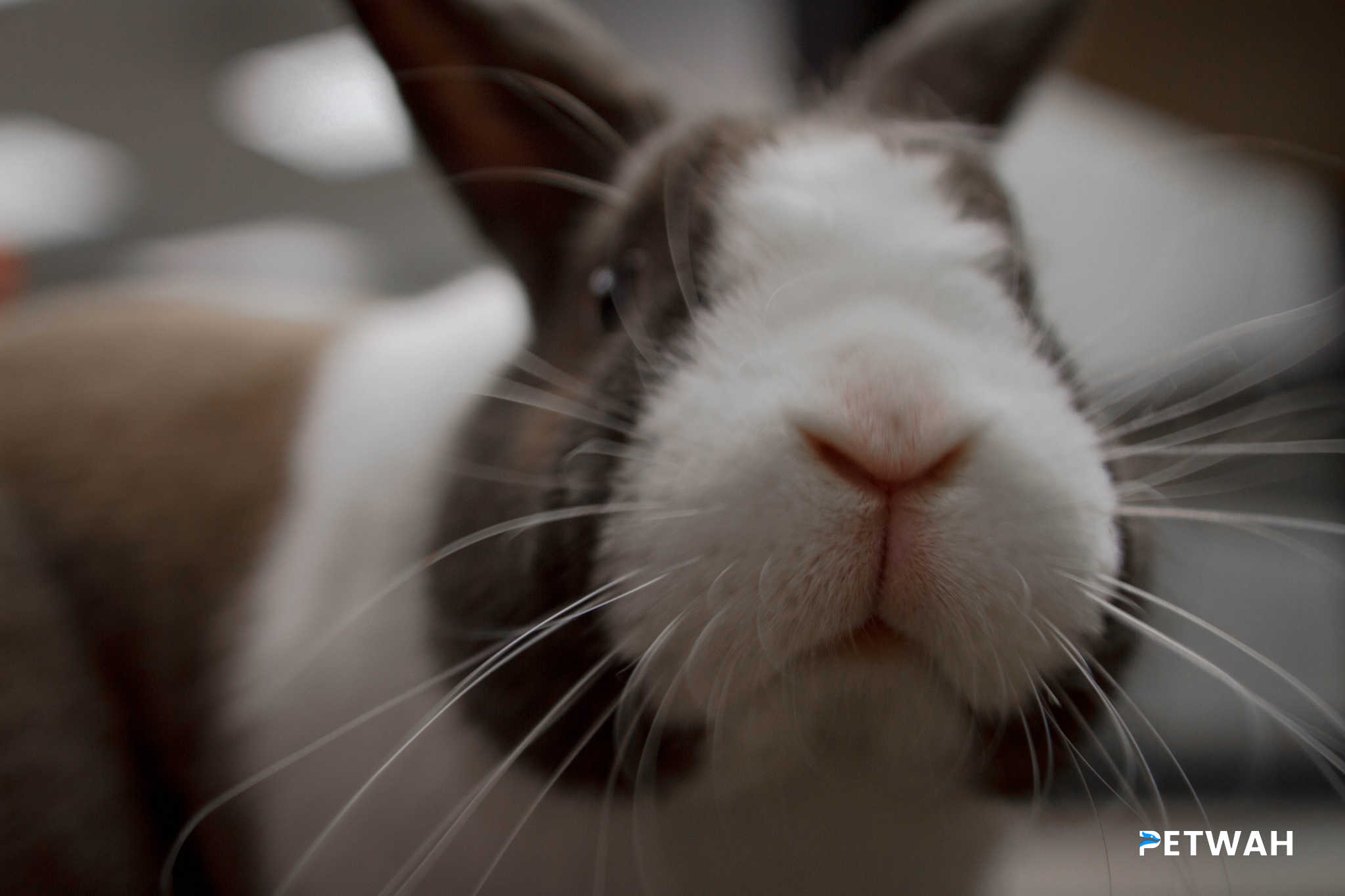
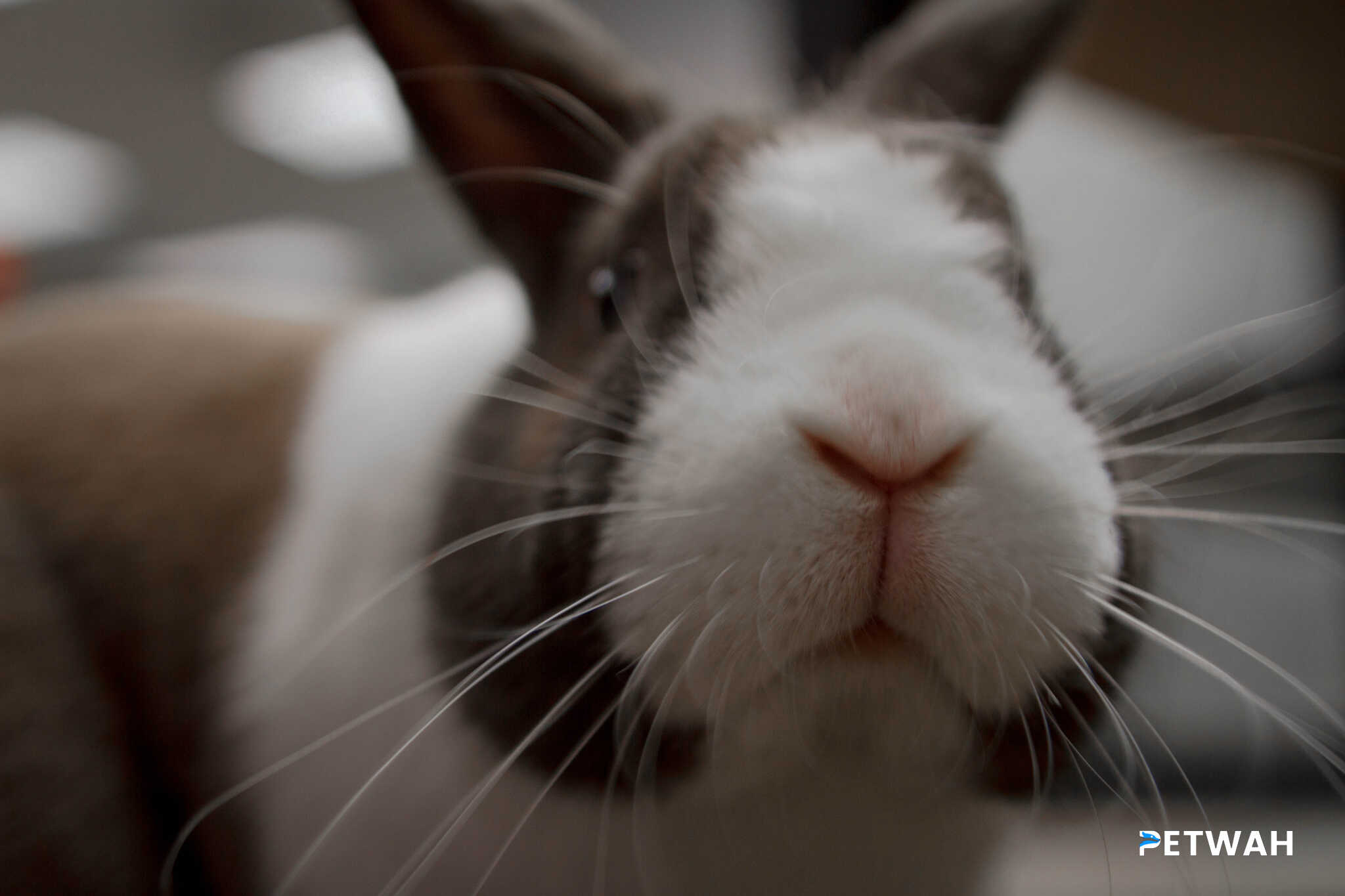
.jpg)
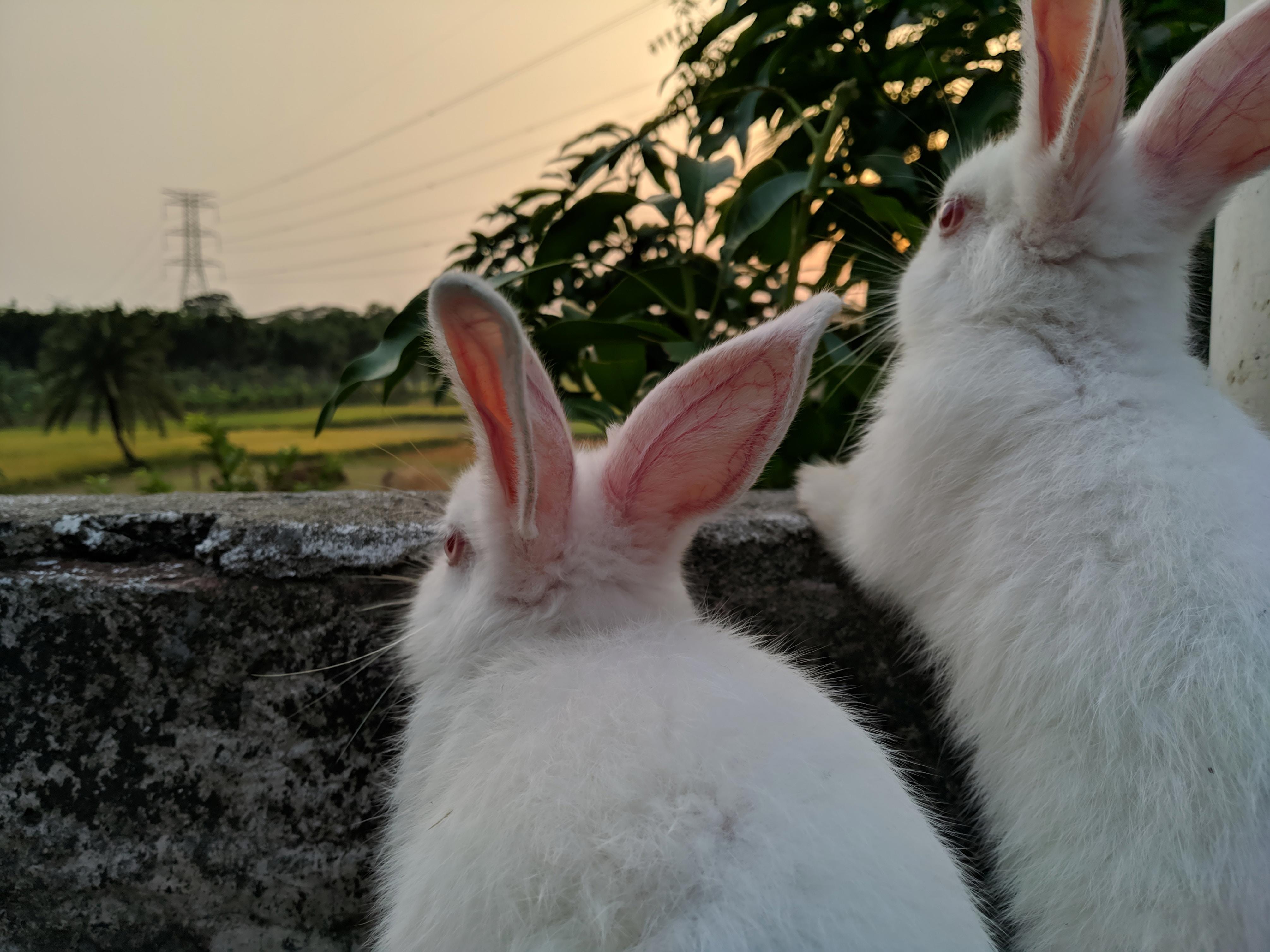
.jpg)
